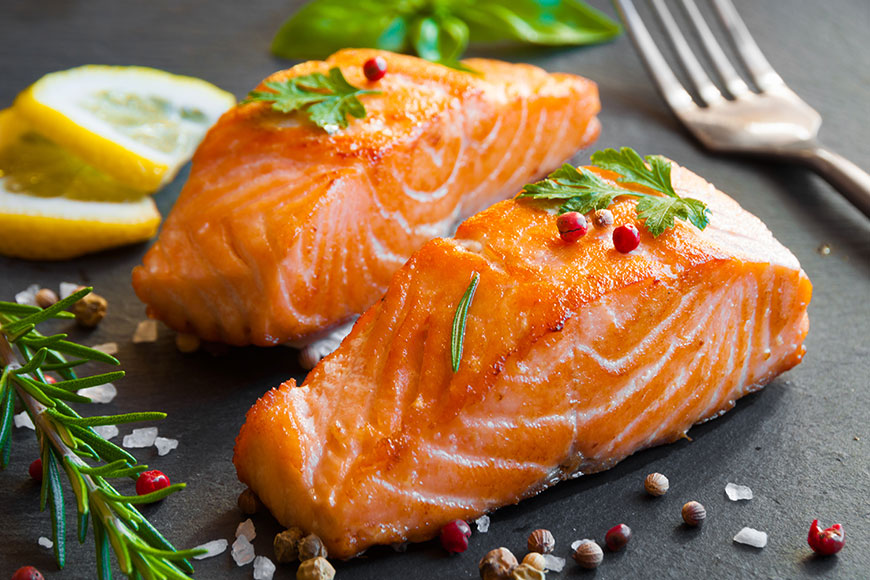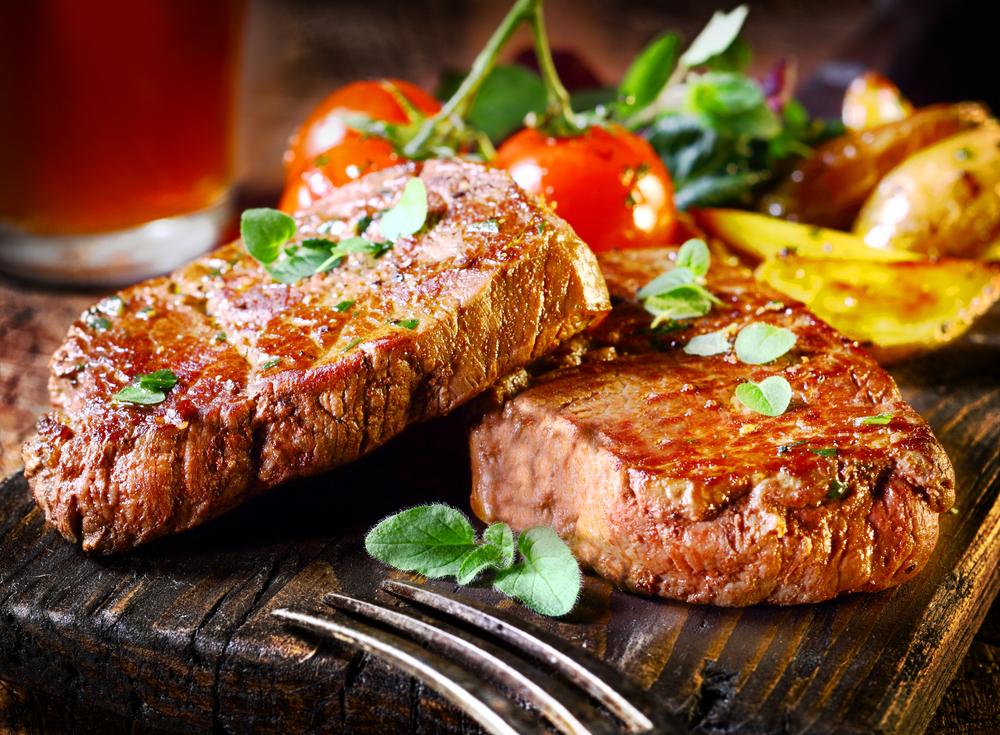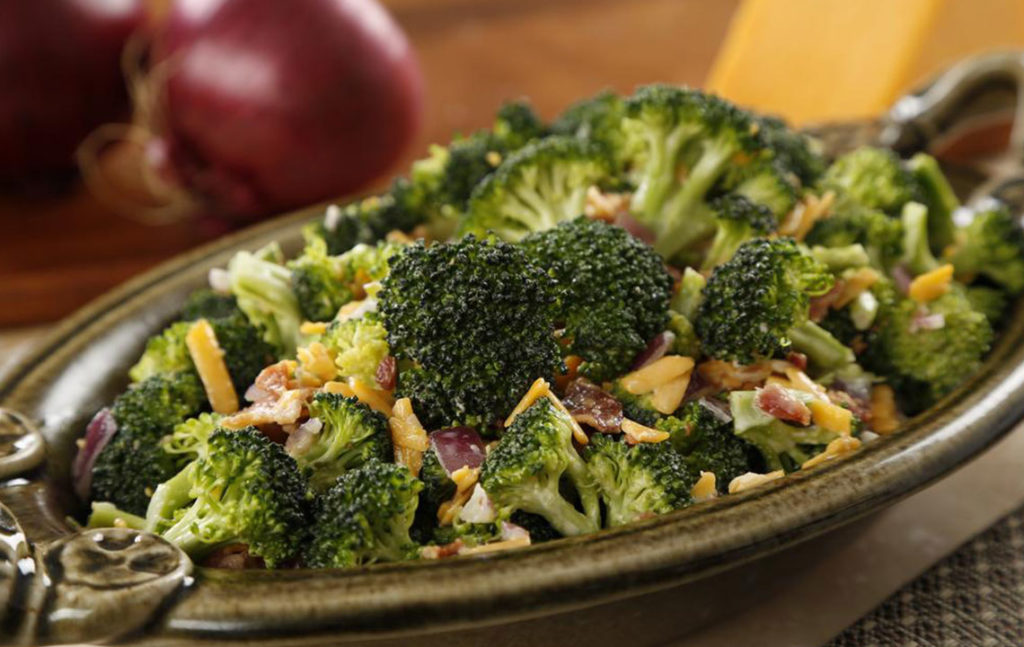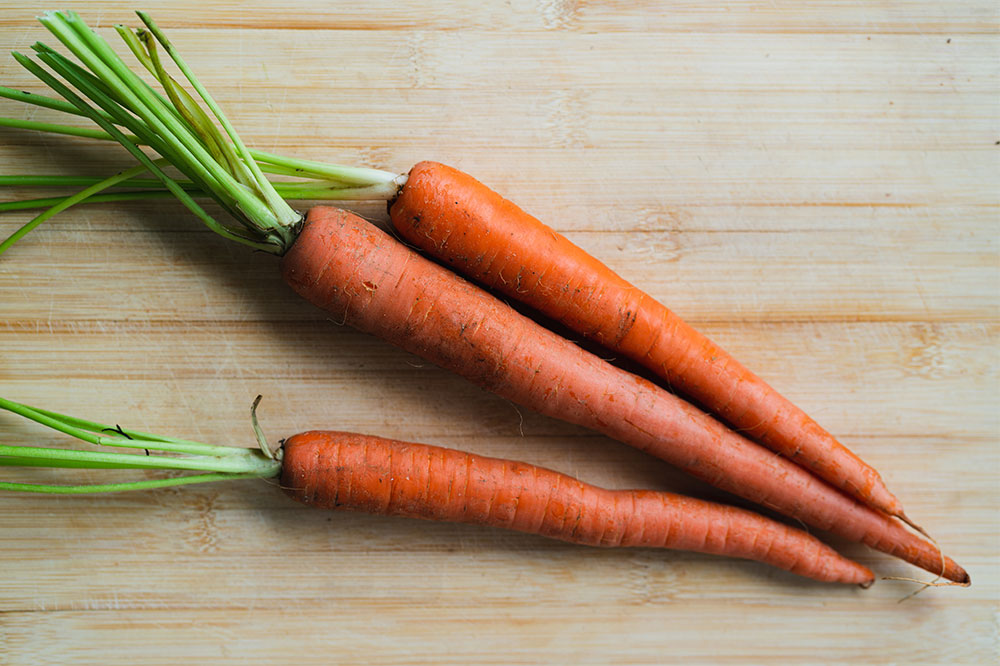Best Vitamin A Foods and Their Health Benefits
Vitamin A is among the most essential nutrients for overall health and well-being. It is necessary for good vision, immune system function, and skin health, among other things. This post lists the best foods with vitamin A, including those from plant-based sources, like sweet potatoes and carrots, and animal-based sources, like fish and liver. It also discusses the benefits of these foods and the side effects one may face due to overconsumption.

Best vitamin A foods
The following are some of the best foods with vitamin A to incorporate into the meal plan:
- Liver
Liver is one of the best animal sources of vitamin A. It is particularly rich in retinol, a preformed vitamin A. A 3.5-ounce (100 g) portion of beef liver has around 7,750 micrograms (mcg) of this vitamin. - Fish
Salmon, tuna, and mackerel are the best fatty fish with retinol. They are also rich in omega-3 fatty acids, which are necessary for heart health. A 3.5-ounce (100 g) portion of cooked salmon has around 69 mcg of vitamin A, a healthy amount to include in one’s meal plan. - Sweet potato
Provitamin A carotenoids, particularly beta-carotene, are abundant in sweet potatoes. A cup of baked sweet potatoes (200 g) has around 1,920 mcg of retinol. In addition to being high in vitamin A, sweet potatoes are high in vitamin C, potassium, manganese, and fiber. - Carrots
Carrots are another excellent source of provitamin A carotenoids. A cup of this veggie (155 g) has approximately 1,280 mcg of vitamin A. In addition, carrots are a significant source of potassium, fiber, and vitamin K. - Spinach
Besides vital minerals like iron and vitamin C, this leafy green veggie is high in vitamin A. A cup of cooked spinach (180 g) contains around 943 mcg of vitamin A. - Kale
Kale is another leafy green vegetable high in vitamin A. One cup (118 g) contains 172 mcg of this vitamin when cooked. Kale also has iron, calcium, and vitamin C. - Apricots
Apricots are an excellent source of fiber and vitamin A. Two apricots (70 g) contain about 67 mcg of vitamin A, making it a healthy snack choice for people trying to increase their intake of this vitamin.
Vitamin A is essential for good health. One may acquire their daily dose of this vitamin by including the foods discussed here in their meal plan. Besides containing vitamin A, these foods have several other nutrients essential for proper body function.
Why include vitamin A in the meal plan?
Adding vitamin A foods to meals has numerous health benefits. Here’s what this vitamin does for the body:
- Supports vision health
Vitamin A is crucial for preserving eyesight. It helps produce the visual pigments needed for seeing in low light and ensures the eyes adapt to variations in lighting conditions. - Improves immune function
Vitamin A is necessary for a robust immune system. The vitamin helps prevent infections by promoting the creation of white blood cells (WBCs) and improving the performance of the skin and mucous membranes. - Promotes healthy skin
Vitamin A is essential for healthy skin. It helps control the production of sebum, an oily substance that protects and moisturizes the skin. The vitamin also promotes skin cell growth and repair and helps prevent dryness, flakiness, and skin disorders. - Promotes growth and development
This vitamin supports growth and development, which is especially important for children. It helps with the growth of new cells and the development of tissues, including bones, teeth, and other body parts. - Helps lower the risk of diseases
Age-related macular degeneration, heart disease, and some cancers are less likely to develop when a person follows a meal plan high in vitamin A.
Risks associated with high vitamin A intake
While vitamin A foods can enhance overall health and well-being, consuming this vitamin in moderation is crucial. Excessive amounts of retinol, the preformed form of vitamin A found in animal foods, can be hazardous. The dangers of consuming too much vitamin A foods include:
- Hypervitaminosis A
Consuming too much vitamin A can lead to hypervitaminosis A. This condition can have various symptoms, including nausea, vomiting, headaches, and dizziness, and can be life-threatening in severe cases. - Birth deformities
If pregnant women eat too many vitamin A foods, the unborn children are at greater risk for birth defects. - Bone loss
High vitamin A intake has been linked to an increased risk of bone loss and fractures, especially in elderly persons. - Liver damage
Overconsumption of vitamin A can cause liver damage and possibly liver failure, especially in people with liver issues.
Due to the above reasons, consuming vitamin A in moderation is crucial. One should consult a doctor or nutritionist before changing their meal plans. Experts can recommend the best foods with vitamin A and how much individuals can eat to reap the benefits without suffering from side effects.




